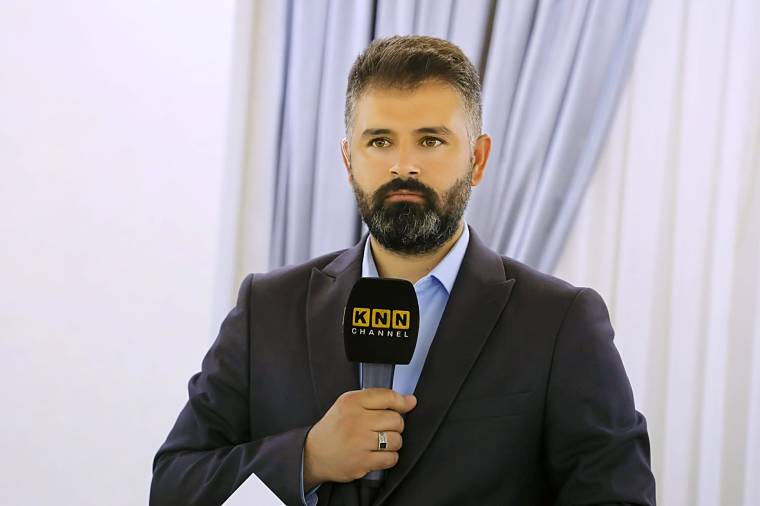Washington, D.C., July 19, 2022 – Iraqi Kurdish authorities should immediately drop all charges against journalist Ayub Ali Warty, ensure he can work freely, and Iraqi authorities should reform the country’s laws to decriminalize defamation, the Committee to Protect Journalists said Tuesday.
On Monday, July 18, police arrested Warty, a reporter for the broadcaster KNN TV, while he was on a reporting trip in the Iraqi Kurdish capital of Erbil, according to the journalist and his lawyer, Bashdar Hassan, both of whom spoke to CPJ in phone interviews.
Officers took Warty to a local court, where he was charged with criminal defamation; he was then brought back to the police station and released that evening on a bail of 2 million dinars (US$1,340), according to the journalist and his lawyer.
If convicted of defamation under Article 434 of the Iraqi penal code, he could face up to one year in prison, Hassan said, adding that no court date has been set for his case.
“Iraqi Kurdish authorities must immediately drop all criminal charges against journalist Ayub Ali Warty and cease harassing members of the press for their work,” said CPJ senior researcher Yeganeh Rezaian. “Criminal defamation statutes have no place in an open society, and Iraqi authorities should reform the country’s laws as soon as possible.”
KNN TV, or the Kurdish News Network, is a Kurdistan-based television and online news agency closely affiliated with Kurdistan’s opposition Change (Gorran) Movement party, as CPJ has documented.
Hassan told CPJ that Warty’s detention stemmed from a defamation complaint filed by a local plastic surgeon after the journalist used a YouTube video by that doctor to illustrate his reporting on alleged sexual assaults committed by unrelated doctors. CPJ was unable to find contact information for the surgeon who filed the complaint.
Hassan said that such defamation complaints were “normal and legal,” but that authorities should have accepted the complaint under the country’s Journalistic Law, which allows for defamation cases to be adjudicated without members of the press facing arrest.
Hassan also told CPJ that “we, a team of lawyers, will request the court to change the case into journalism law, otherwise, we will appeal the court’s decision.”
When CPJ called Erbil police spokesperson Hogr Aziz, he refused to comment on the record.
